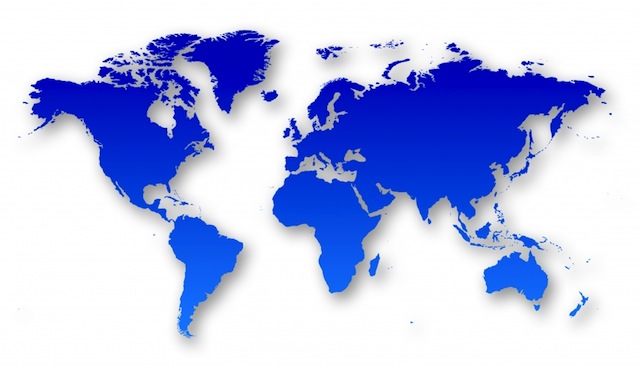Insights from CTV leaders at Dentsu, Horizon Media and more

Following its deal to buy AKQA, WPP is now the largest holding company in the U.S. in terms of digital expertise. The addition of AKQA’s 600 U.S.-based staff helped WPP leapfrog Publicis Groupe to the No. 1 spot in terms of sheer scale, according to a report issued this week by French research firm RECMA.
The group doesn’t make its assessment based on the amount of revenue the companies pull in from digital media, relying instead on headcount. WPP reports that over 30 percent of its revenue is now digital. Publicis reports about 33 percent of its revenue is from digital.
WPP and Publicis have been engaged in an arms race of sorts in digital, with each making splashy acquisitions. WPP made a bold move in 2007 when it paid nearly $650 million for ad network 24/7 Media. The AKQA deal reportedly set it back nearly $540 million. Publicis, which had little in the way of digital assets in 2005, shelled out over $1.8 billion in twin deals for Digitas and Razorfish.
WPP, thanks to adding AKQA, now owns a total of eight digital agencies encompassing over 8,300 staff, the report said, overtaking Publicis, which has seven agencies and 7,800 staff in the market by comparison. Interpublic, though it owns a total of 12 agencies counts 6,600 staff on the ground in third, while Omnicom’s seven agencies and 4,700 staff round out the big four holding companies.
The acquisition of AKQA arguably represents the end of an era: AKQA was the last major digital shop to buckle under the pressure of advances from potential buyers. According to the RECMA report, just 23 significant independent digital agencies still exist in the U.S. today, representing a total of well under 8,000 staff. In other words, WPP’s digital operations are now bigger than all of those being operated independently, combined.
But some suggest the pendulum might soon begin to sway in the other direction. As agency groups continue to scale, bureaucracy continues to threaten efficiency, as well as creativity and innovation.
Just weeks before it was acquired, AKQA itself held a panel discussion at its offices discussing the virtues of agencies acting more like startups. That type of approach appears difficult to foster as part of a demanding holding company with hungry shareholders.
As a result, some suggest the holding company land grab that’s ensued over the past 10 years will ultimately result in a backlash, with clients forsaking their holding company partners in favor of smaller, more efficient and nimble partners.
“The irony is that the best agencies are no longer the biggest agencies,” said Adam Kleinberg, CEO of digital agency Traction. “That’s not where the flexibility is. That’s not where the efficiency is. And more and more, that’s not where the talent is.”
As clients begin to realize that fact, major agencies and holding companies could begin to see themselves hemorrhaging clients if they fail to figure out how to retain, or in some cases reignite, a culture of creativity and innovation as well as efficiencies, according to Forrester analyst Jim Nail.
But according to Kleinberg, the onus is really on the smaller agencies themselves at this point to force the issue. In reference to brands’ continued use of the major agencies, he said, “One of my clients in a moment of extreme candor said to me, ‘We’re going to keep doing this until you can convince us it’s not in our best interest.’”
More in Marketing

Creator marketing has the reach — CMOs want the rigor
The creator economy got big enough to be taken seriously.

Pitch deck: Why Google believes its latest AI Max product is a game changer for search campaigns
AI Max, which launched May and rolls out this summer, aims to provide advertisers with a “one-click feature suite” for search campaigns.

Retail media’s mid-2025 reality: Why advertisers are going all in on full-funnel
Retail media’s meteoric rise may finally be leveling off — and that’s forcing advertisers to take a harder look at what they’re getting for their money.





